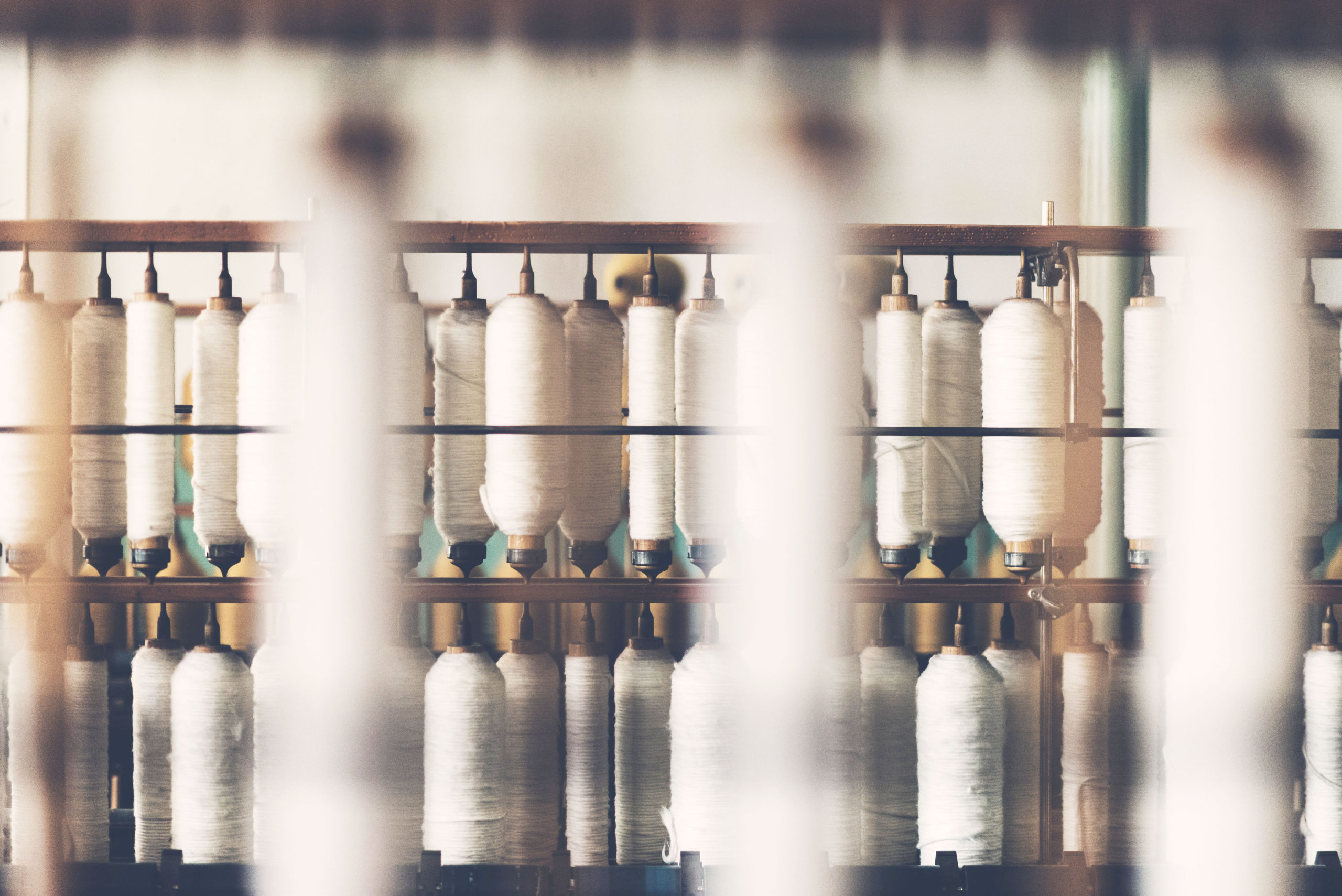In recent years, there has been growing concern regarding the impacts of the growth-at-all-costs economic model on people and the environment. Little by little, the term “sustainability” has become part of everyday life in the fashion industry and has become a trend of the moment. Whether due to industrial (supply chain), collective (society) or regulatory (legislation) pressure, companies are increasingly challenged to catch up on basic environmental, social and ethical management issues. However, despite a clear trend, many business people and entrepreneurs are still unsure whether to get involved or ignore the sustainable revolution. The gamble is not entirely appealing due to the difficulty of measuring returns on investment, because it does not generate short-term profits, or simply due to a lack of knowledge.
Whether due to industrial, collective or regulatory pressure, companies are increasingly challenged to catch up on basic environmental, social and ethical management issues.
For the more sceptical, we will explain in 4 basic points why investing in sustainability is a winning horse in the long run, not only in terms of environmental, social and ethical responsibility, but also in terms of economic efficiency and business competitiveness:
- Supply chain crisis: The rise in energy and raw material prices, the bad publicity of production in Asian countries and the current situation of world transport, added to the fragmentation of the supply chain itself, have led to a revolution in the textile sector’s sourcing map which has accelerated and forced the reorganization process of the supply structure.
- The future of legislation: In recent years, European legislation has moved in the direction of a systemic shift towards circularity and sustainability, seeking to reduce environmental and social impacts as much as possible while maintaining economic and social benefits.
- Consumers, the driving force: Consumers demand responsibility, punish a lack of transparency and force brands to be transparent and produce responsibly. 66% of millennials and 79% of Generation Z think brands are not honest enough about their environmental responsibility. The percentage rises to 69% and 84%, respectively, when it comes to the treatment of factory workers (Futerra 2019 with the Consumer Goods Forum).
- Climate crisis: Climate change and its effects, exponential population growth and the condition of vulnerability in which many communities live, form a complex global problem. According to UN estimates, by 2050 the world’s population will need the natural resources of three planets to maintain its current lifestyle. In other words, continuing as normal is not an option.
The evolution towards business sustainability
It is clear that we are facing a context in which the accelerated climate and social crisis is unforgiving. However, the fashion industry’s efforts to transform its production and consumption model are not enough. As one of the world’s most important industrial drivers, the textile sector must not only recognize its responsibility to adopt ethical and responsible practices, but must also see it as a driver of its own business and growth. Business sustainability is far from being a whim or a passing trend. The modern world requires us to think systematically, to take responsibility for our actions and to innovate when creating and doing business.
the textile sector must not only recognize its responsibility to adopt ethical and responsible practices, but must also see it as a driver of its own business and growth.
Looking ahead to 2022, fashion companies face 6 key challenges, take note!
- Adopting a strong sustainability strategy: Emerging markets are starting to lead the way on ESG issues. Thousands of companies are well aware that if they want to be competitive they must incorporate sustainable practices in their production activities. In this sense, sustainability requires a change of dialogue on fundamental principles, a change that must come from the heart of the brand by adopting a solid strategy, not only to improve its environmental, social and ethical performance, but also to improve its competitiveness.
- Committing to integrative sustainability: Approaching sustainability from an integral vision, understanding the complexity of the concept as well as its multiple environmental, social and economic dimensions with the aim of minimizing the impact of each of its associated processes, improving conditions for all participants in the life cycle and ensuring the profitability of the product itself.
- Investing in a transparent supply chain: Obtaining full traceability is crucial in order to understand the social and environmental impact of business practices and products. In the long term, it enables brands to identify risks and challenges to increase efficiency, while building strong and trusting relationships with suppliers and customers. If you don’t know where to start, talk to us! Our support department makes it easy for you!
- Decoupling fashion profitability from sales volume: The growing number of sustainability efforts are meaningless if changes in production practices are not accompanied by reductions in the production volume. In this sense, decoupling the profitability of fashion from the volume of sales of new products is urgently needed if a sustainable, ethical and responsible production and consumption model is to be achieved.
- Driving change towards a circular model: Circularity implies a cross-cutting change in the entire value chain and thus a new conceptualization of the product itself. A good circularity strategy should focus on restoring the garment to the respect it traditionally received, focusing on aspects such as durability, recyclability, repair and reuse, eco-design and research.
- Impact measurement: Very soon, including triple bottom line metrics will not only be a matter of values and will, but also an obligation because the market and the law demands it, and will continue to demand more and more. At BCOME we are pioneers in impact measurement, contact us to find out more!
As can be seen, and although seen in many business scenarios as a romantic, soft and unimportant topic, sustainability is in fact a requirement for maintaining the health of the fashion industry. In short, by both strategy and context, we need to move quickly towards this new paradigm, and not wait until it is too late to repair our relationship with the planet, consumers and our value chain. Every paradigm shift generates friction, challenge and effort, but today, the question we must ask is on which side we want to position our brand. Do we want to be pioneers and role models in terms of responsibility and values, or do we want to be the last ones to do so when the market left us no choice? Remember that modern-day consumers really demand and value ethics and values, rather than products and services. Values that demonstrate who we are and reflect our brand philosophy. By conviction and by strategy, businesses that operate sustainably will be the best business now and always. What are you waiting for? Contact us!








